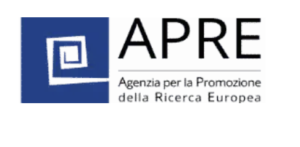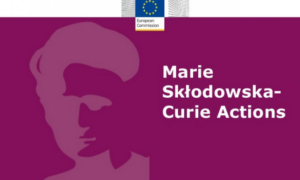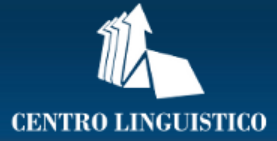
Segnaliamo le lezioni del prof. Marko Malink (New York University)
The Definition of Relatives in Aristotle’s Categories
Lunedì 2 maggio 2022 — h. 16
Luogo: Pisa, Scuola Normale Superiore, aula Bianchi Lettere
Per partecipare in presenza scrivere a classi@sns.it entro le ore 10 del 2 maggio.
The Origins of Conditional Logic: Theophrastus on Hypothetical Syllogisms
Giovedì 12 maggio 2022 — h. 16
Luogo: Firenze, plesso di via G. Capponi 9, aula 6Abstract:Ancient Peripatetic logicians such as Theophrastus sought to establish the priority of categorical over propositional logic by reducing various modes of propositional reasoning to categorical form. To this end, Theophrastus proposed that the conditional “If φ then ψ” should be interpreted as a categorical proposition “A holds of all B”, in which B corresponds to the antecedent φ, and A to the consequent ψ. Under this interpretation, Aristotle’s law of subalternation (A holds of all B, therefore A holds of some B) corresponds to a version of Boethius’ Thesis (If φ then ψ, therefore not: If φ then not-ψ). Jonathan Barnes has argued that this consequence renders Theophrastus’ program of reducing propositional to categorical logic inconsistent. In this paper, we will challenge Barnes’s verdict. We will argue that the system of conditional logic developed by Theophrastus is both non-trivial and consistent. Theophrastus achieves such consistency by limiting the system to first-degree conditionals, in which both the antecedent and the consequent are simple categorical propositions.
Aristotle on Induction and Deduction
Venerdì 22 aprile, 2022 –– h. 11
Luogo: Dipartimento di Lettere e Filosofia, via della Pergola 60, Sala del Consiglio (II piano).
Abstract:Aristotle distinguishes two main kinds of argument in dialectic and science: induction (epagôgê) and deduction (syllogismos). Induction is a mode of argument in which a universal claim is established on the basis of particular ones, whereas deduction is a mode of argument in which a conclusion follows necessarily from given premises. In Aristotle’s theory of science, induction is used to grasp the universal principles of a science, whereas deduction is used to demonstrate theorems from these principles. This lecture examines Aristotle’s account of induction and deduction, and the way they interact in his theory of science. Special attention will be given to Aristotle’s syllogistic treatment of induction in Prior Analytics 2.23, and the question to what extent induction enables us to cognise scientific principles as such.Lezioni organizzate nell’ambito del Percorso di Eccellenza del Dipartimento di Firenze.




